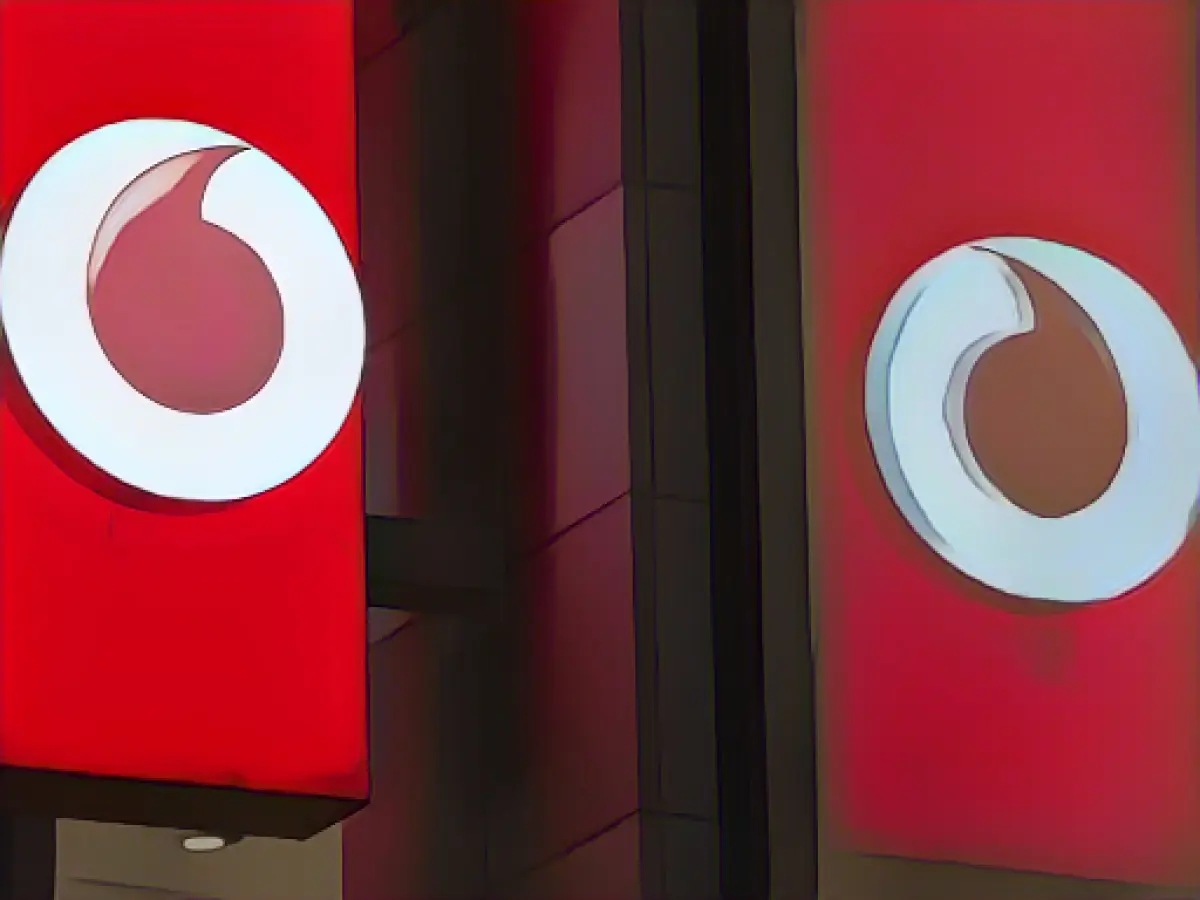Price increases: Class action filed against Vodafone
The telecommunications provider Vodafone is facing a lawsuit from consumer protection organizations due to price increases in the fixed-line Internet. According to the Federation of German Consumer Organizations (vzbv), the increase in the price of current contracts is unlawful.
A lawsuit has been filed with the Hamm Higher Regional Court. It is one of the first proceedings relating to a federal law that came into force in mid-October. Vodafone customers can thus participate in a new form of class action by registering in a register of claims. This will probably be opened in a few weeks.
In the spring, Vodafone began raising the prices for all its fixed network tariffs for cable and DSL by five euros per month. For gigabit cable customers, for example, the monthly price went up from 40 to 45 euros. In total, around ten million customers were affected. Mobile customers and fixed fiber optic network contracts were not affected.
Vodafone emphasizes that it has complied with applicable law. The company justifies the increase with higher costs for energy and materials, for example. The majority of German companies have increased prices in recent months due to inflation, says a company spokesperson. "We have been trying to buck this trend for a long time." Due to the sharp rise in costs, however, fixed network prices have had to be "moderately adjusted". "We will continue to make sure that our landline customers can use broadband Internet, TV and landline telephony at affordable prices."
Price increases on a considerable scale
In fact, other telecommunications providers, such as 1&1, have also increased their prices this year. The class action is not directed against these companies. According to the vzbv, it is not possible to take legal action against all companies at the same time, but the price increase pioneer Vodafone should be put in its place first.
Although the telecommunications provider has granted its customers a special right of termination for the price increases, this is not enough for the consumer advocates. In their view, the Düsseldorf-based Internet company should not have been allowed to unilaterally increase prices for current contractual relationships, i.e. without renegotiating with customers. Service providers usually impose higher prices for new contracts. Companies also occasionally raise prices for existing customers, but are viewed critically by consumer protection organizations.
"The vbzv considers Vodafone's price increases to be ineffective," says association head Ramona Pop. The class action lawsuit is aimed at ensuring that millions of Vodafone customers can get their money back directly. "Five euros extra per month is a lot of money for many people." The class action lawsuit makes it easy for consumers to defend themselves against the increase, said Pop. The Federal Association of Consumer Organizations (vzbv) announced the planned lawsuit back in May, and in the weeks that followed, more than 10,000 people reportedly contacted the vzbv.
Signal effect on the economy
If consumers feel that they have been disadvantaged in a contractual relationship, they have so far been able to get money back via a so-called model declaratory action. However, this can be laborious. This is because if the judgment is in favor of the consumer, an unlawful act by a company is confirmed in black and white. However, this does not result in a direct claim for payment against the company.
Instead, the citizen must contact the company themselves, demand payment and, if necessary, sue again. They then have a good chance in court. Nevertheless, direct confrontation with a company is likely to be a high inhibition threshold for many consumers.
The new class action improves the consumer's position. After a positive verdict, the court appoints a so-called administrator who receives money from the unsuccessful company. The administrator examines the consumer's claims and then transfers a sum of money to them. Consumers therefore no longer have to seek confrontation with the company themselves, they have it much easier than before.
The proceedings against Vodafone are seen as sending a certain signal to the industry. It is only a matter of five euros per month, which every customer could get back. However, depending on how many customers join in, it could be financially painful for Vodafone if it loses in court. In addition, a court decision in favor of consumers could have a deterrent effect to a certain extent - companies could become more cautious in future when increasing prices in current contracts.
In light of the price increases in fixed-line Internet services, other telecommunications providers, such as 1&1, have also elevated their fees this year. Despite Vodafone offering customers a special right of termination for the price hikes, consumer protection organizations argue that the company should not have unilaterally increased prices for existing contractual relationships without renegotiating with consumers.
Source: www.dpa.com








